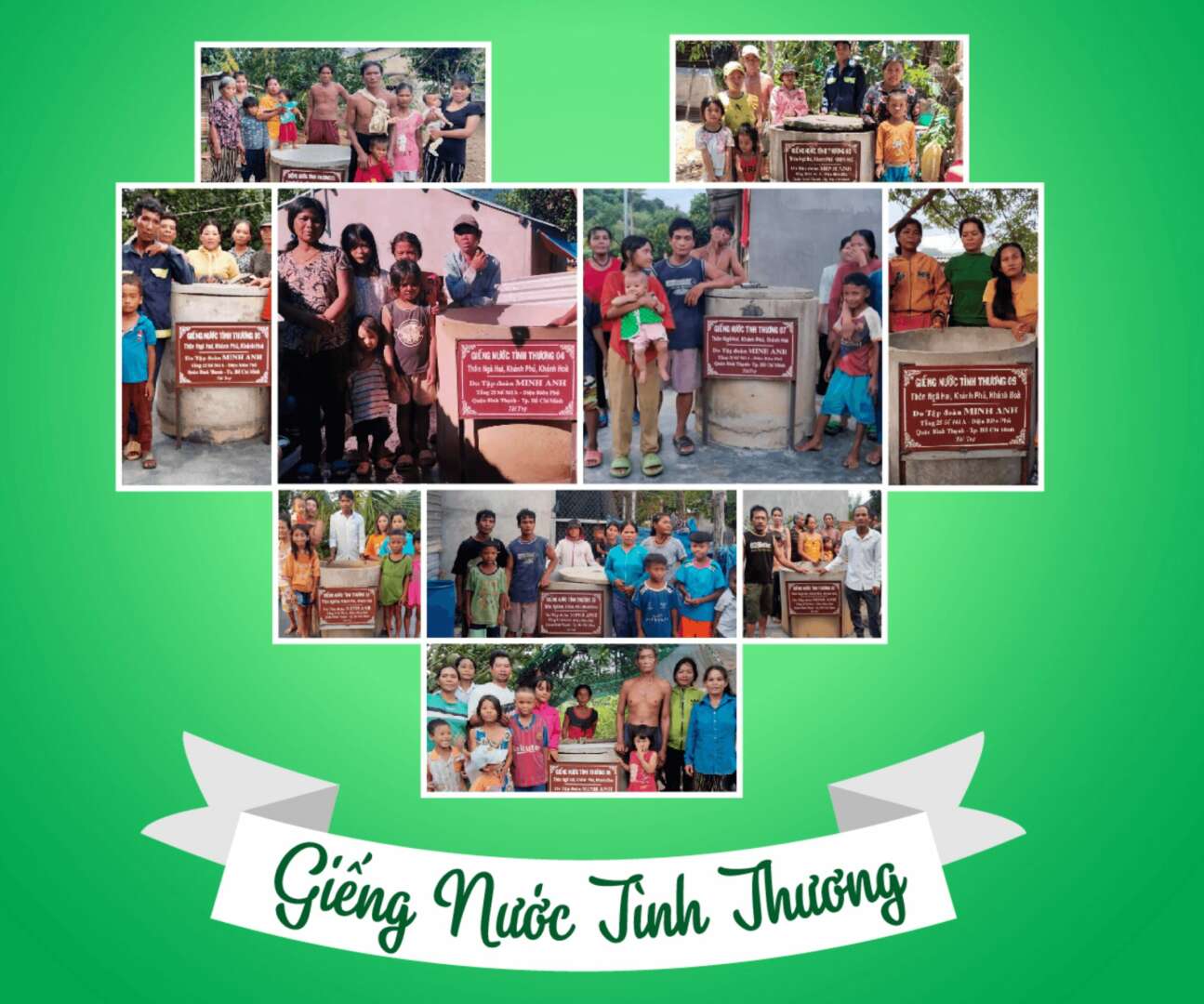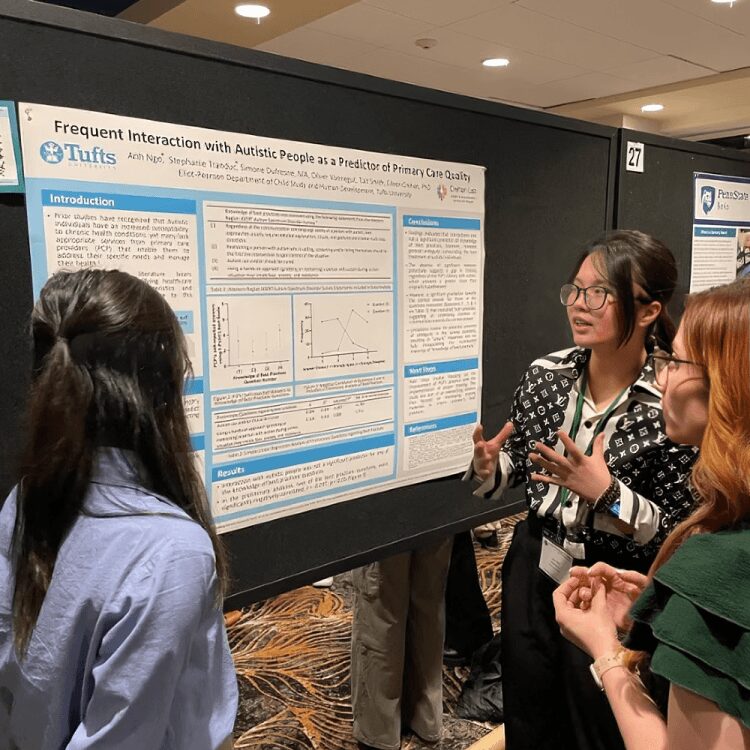We caught up with the brilliant and insightful Anh Ngo a few weeks ago and have shared our conversation below.
Anh , thanks for taking the time to share your stories with us today Have you ever had an amazing boss, mentor or leader leading you? Can you us a story or anecdote that helps illustrate why this person was such a great leader and the impact they had on you or their team?
During the summer following my freshman year, I began working as a medical scribe at Beth Israel Medical Center in the Urologic Surgery department and started scribing at Dr. Olumi’s clinic a few months later.
My role involved diligently capturing Dr. Olumi’s holistic assessments of his patients’ medical profiles and personalized treatment plans. After each patient visit, Dr. Olumi would walk me through gaps in my patient documentation and explain complex urological concepts using simplified analogies to aid my understanding.
One memorable experience occurred during lunch when I followed Dr. Olumi to the post-anesthesia care unit to visit patients who had undergone prostatectomy the previous day. Stepping into the softly illuminated room, I watched as Dr. Olumi greeted his patients and meticulously examined every aspect of their recovery, from surgical incisions to the quietly humming medical equipment. I listened intently as he posed detailed questions about their recovery process, feelings about discharge plans, and follow-up care scheduled for the coming months. Witnessing Dr. Olumi’s compassionate interactions, I couldn’t help but mirror the patients’ reassured smiles after his visits.
Although I had aspired to become a physician since middle school, this moment reinforced my desire to pursue medicine. Observing Dr. Olumi in the post-anesthesia care unit, connecting with his patients, and collaborating with other medical staff, I realized that humanity and presence are the foundations of a physician’s role and are the core values of why I am passionate about pursuing medicine.
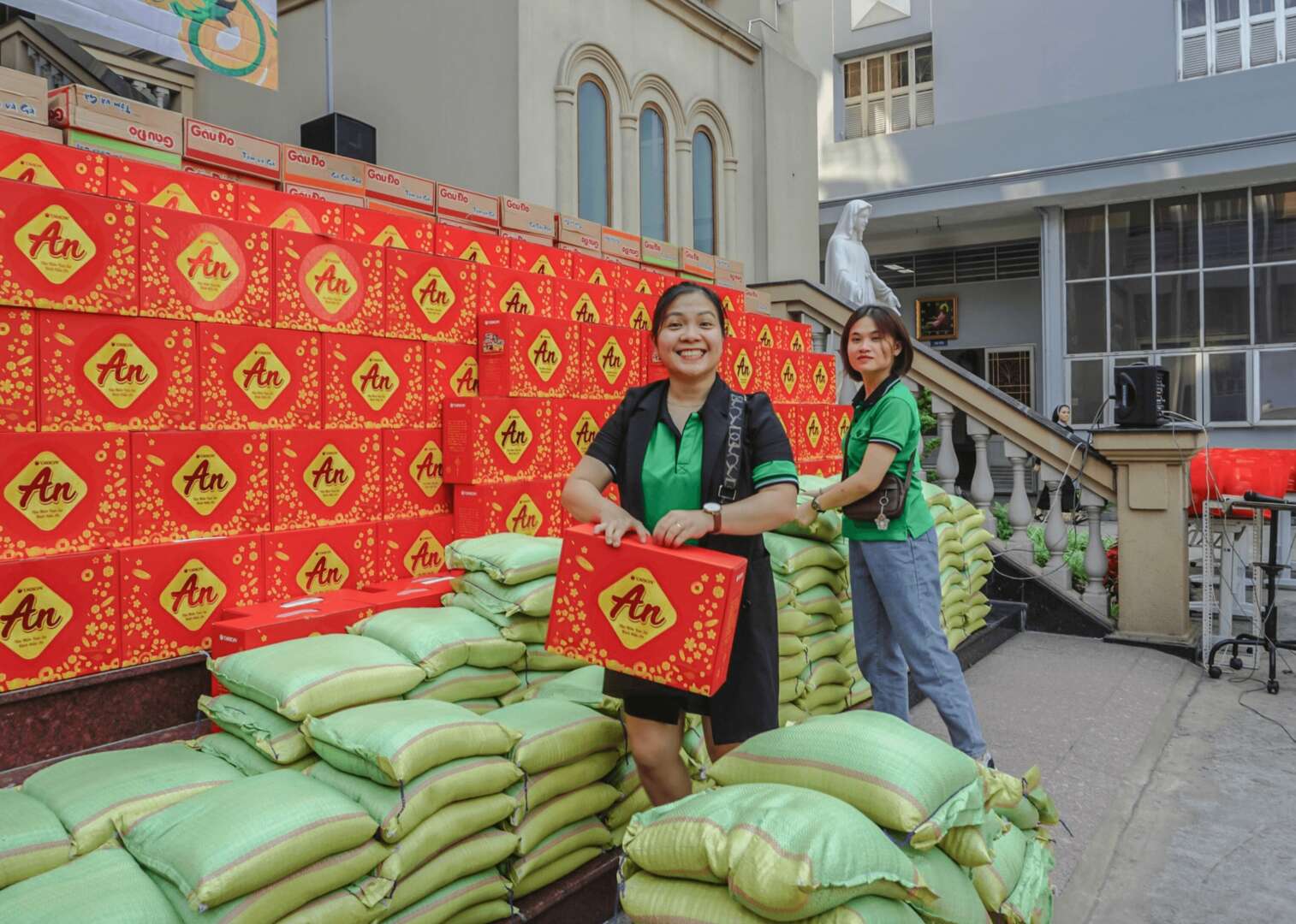
As always, we appreciate you sharing your insights and we’ve got a few more questions for you, but before we get to all of that can you take a minute to introduce yourself and give our readers some of your back background and context?
I am the founder of Wells for Wellness, a student-led project dedicated to building water wells near community buildings and schools in resource-constrained areas. Our passion lies in enhancing water sanitation and urinary health by constructing sustainable infrastructures and raising public awareness.
In rural and hard-to-reach communities, local families, community buildings, and schools are perfect hubs for fostering health outcomes and educational awareness. Wells for Wellness stands out by fostering joint planning and coordinating sustainable solutions among local communities, students, and families. Our mission is guided by data from national health information systems and heartfelt conversations with local families, ensuring the effective implementation of infrastructures and public health resources.
In two years, our collective efforts have resulted in constructing 10 water wells and distributing rice packages and essential supplies, such as clean water, to over 1,500 families across Khánh Hòa and Bến Tre provinces.
Embarking on this initiative has been the highlight of my college career. Every step has been profoundly enriching, from forging connections with locals in my almost fluent Vietnamese to collaborating with healthcare providers and donors to garner support for our endeavors.
I am incredibly thankful for the opportunity to bond with my community and discover a part of myself I hadn’t known before. I am eager to expand our mission of promoting urinary health by reaching wider communities and implementing user-friendly resources.
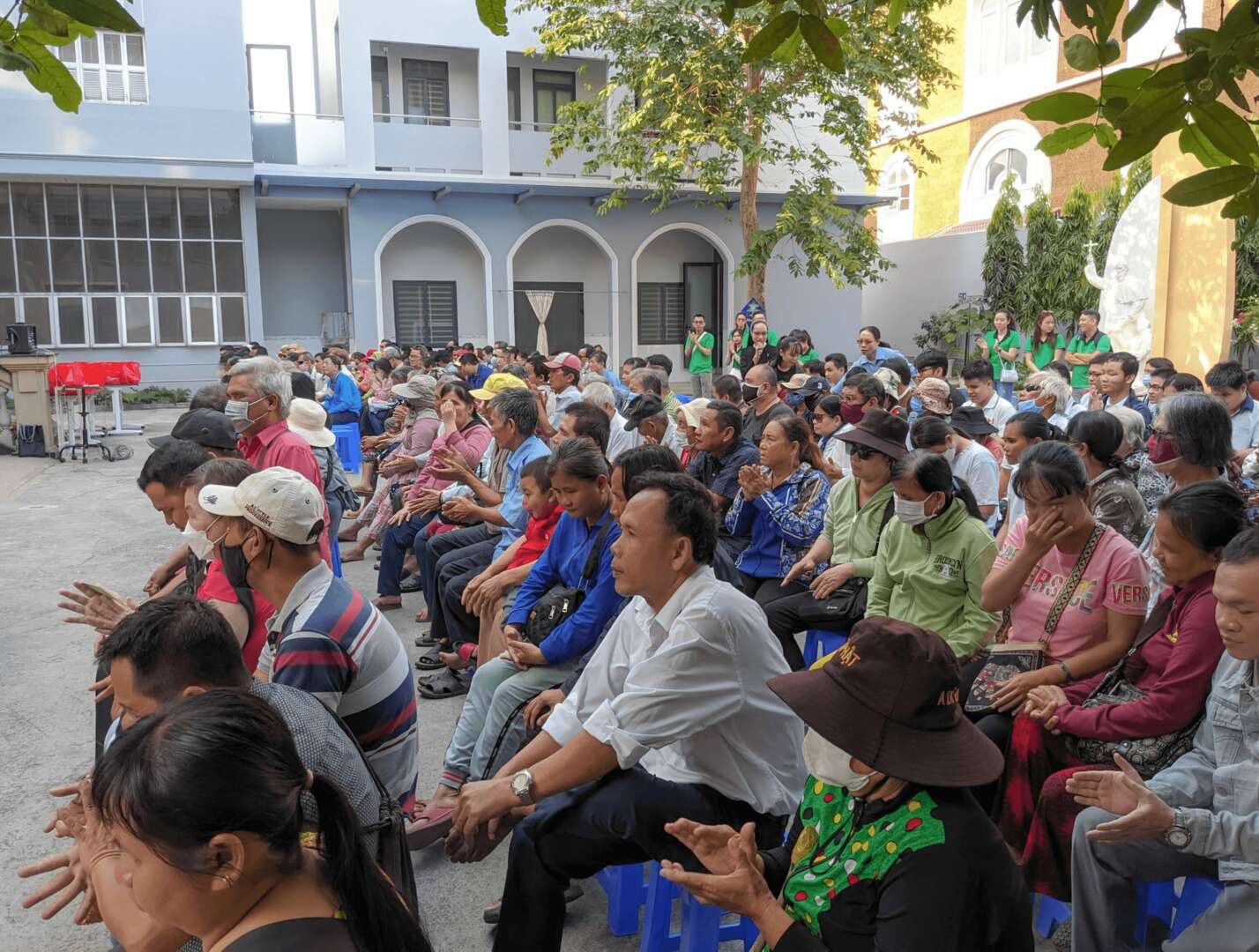
Let’s talk about resilience next – do you have a story you can share with us?
Three years ago, in the wake of Vietnam’s devastating floods, I found myself watching helplessly thousands of miles away in California. I spent my mornings in English class channeling my mixed emotions of fear and guilt into brainstormings of ways I could help, distracted from the instead of taking notes on the soliloquies of Hamlet.
Weeks later, I finally returned home to Vietnam and drove to Bến Tre, a rural province in the south damaged by the floods, to discuss how to help. I shared my first meal there with my distant uncle, Nam, and his family. We ate on the caution-taped half-standing bamboo dining table and clinked our stemless glassware, crafted from semicircular coconuts, to celebrate the family’s bittersweet survival victory. After all, they sat together in the home they loved, even if the walls stood naked and scarred. That night, I shared a quarter-soaked floor mattress with Nam’s wife. As we lay there, staring at the broken ceiling, we took turns spitballing recovery project ideas until hope carried us into sleep.
The next few days, I dedicated my mornings to conversing with families across Bến Tre about their ideas for a recovery project to combat the floods’ damages. At night, I found comfort in lying on rice fields with some local children, wishing for the dreams lost in the floods to find their way back to us the next time the sun shone again. After a week, I drove back to Saigon feeling mixtures of hope and hopelessness. The heavy reality of the floods hit me: the pervasive morbidity stemming from the exhaustion of clean water had already resulted in increased dehydration and infection rates in the community.
However, I found hope when reuniting with my friends and Nam’s family; we decided to start the ‘Wells for Wellness’ Project with the goal of building water wells near community buildings and schools in Bến Tre. I spent the summer before college working with my team at networking cafes and hospital cafeterias in Saigon, pitching the ‘Wells for Wellness’ project to interested donors. Eventually, before I set off for college orientation, our collective efforts resulted in the construction of five water wells across Bến Tre province. The impact of our newly built infrastructure was immediate and profound, with decreased urinary infection rates and increased school attendance among students who now had access to clean water. Today, Wells for Wellness continues building sustainable infrastructures in rural areas, and looks forward to creating infographics and community resources to encourage sanitation practices.
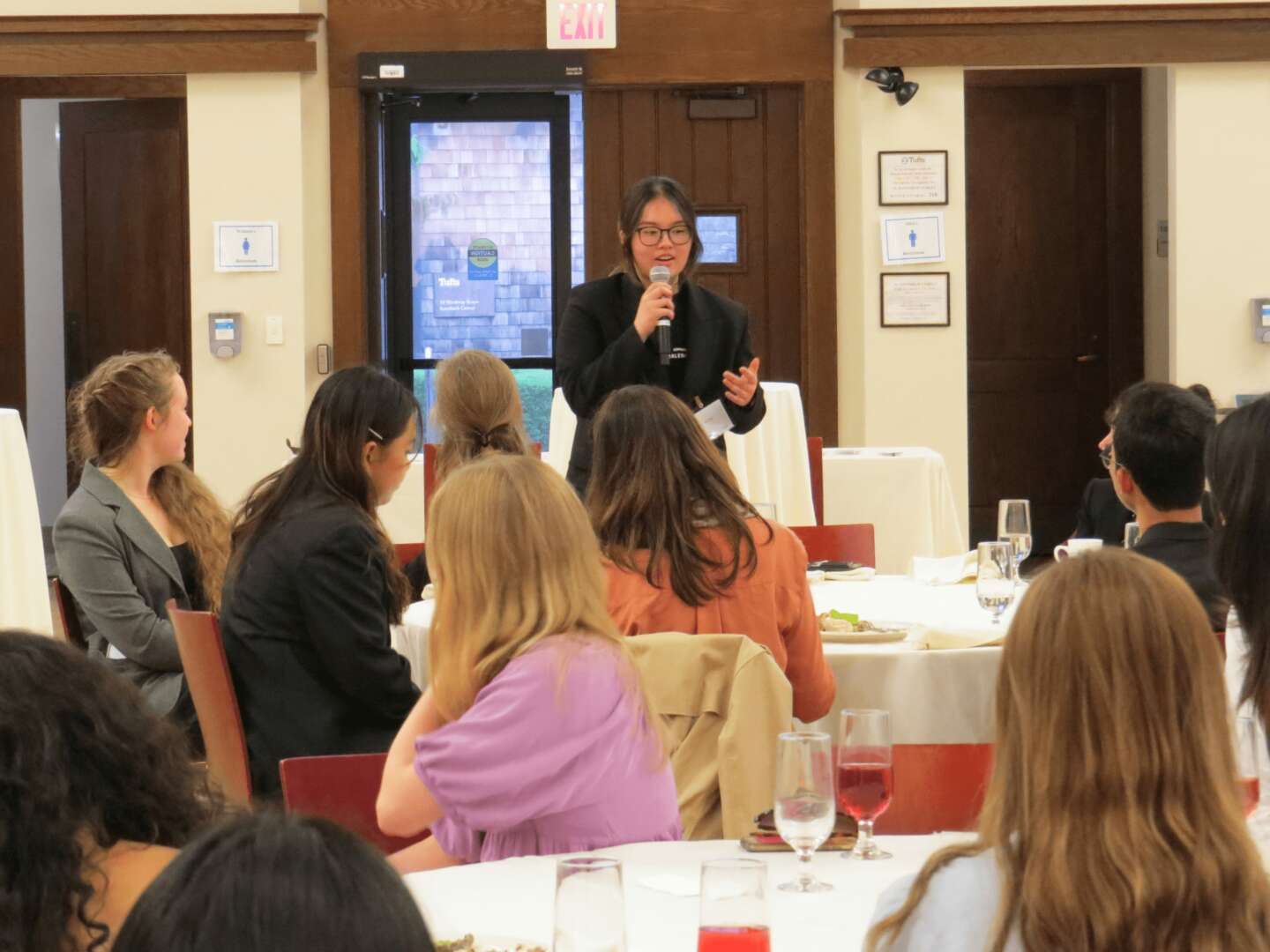
How about pivoting – can you share the story of a time you’ve had to pivot?
Coming into college, I was captivated by the transformative effects of water on urinary and community health through my work with Wells for Wellness. This passion led me to seek new ways to address urinary health beyond advocacy, prompting me to become a medical scribe at a Urology clinic.
During my third week of scribing, I met “John,” a young patient with thick, trabeculated bladder walls. I was perplexed by the signs of bladder outlet obstruction seen during his cystoscopy and searched through his medical history to find the cause.
I discovered that John’s poor urinary health was linked to his Cerebral Palsy, exacerbated by the complexities of his comorbidities and existing healthcare barriers. This experience highlighted my previous naivety about the connection between nerve functions and bladder health, leading me to reflect on my time as a Research Assistant at Crehan Lab. There, I noticed frequent bathroom breaks among autistic children and delved into literature on the barriers they face regarding urinary health.
Despite finding only one peer-reviewed article on bladder dysfunction in autistic adults, I realized the significant risk autistic children face for worsening urinary health. I have since dedicated my research career to investigating urinary dysfunction in vulnerable communities while continuing my advocacy work through Wells for Wellness. Furthermore, I look forward to integrating a medical approach to Wells for Wellness in deriving healthcare management resources with local hospitals in the future.
Contact Info:
- Website: https://wellsforwellness.net/home
- Linkedin: https://www.linkedin.com/in/anhngo28/
